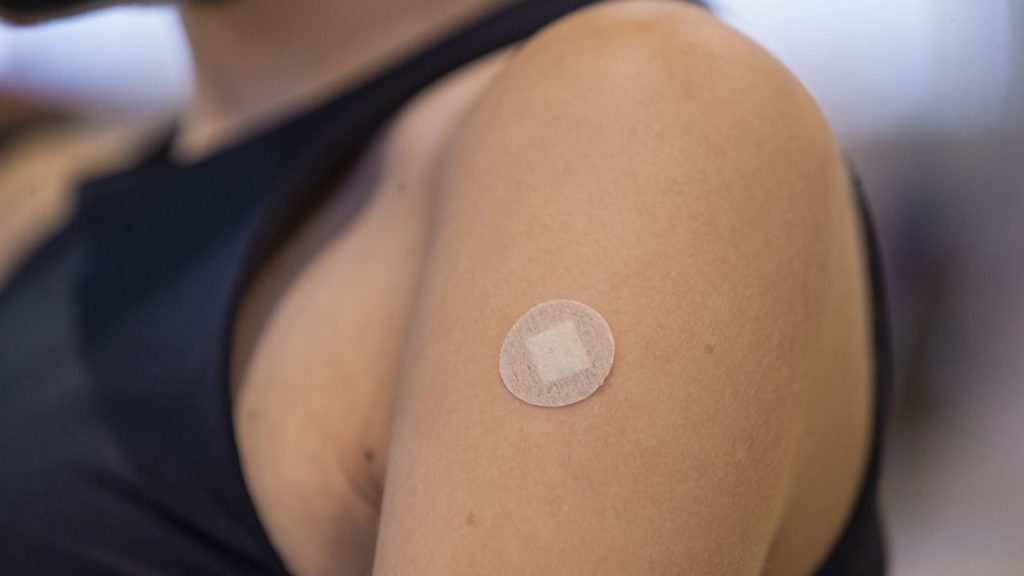As 90% of adults in Flanders have received a first dose of a coronavirus vaccine so far, the Region's vaccination campaign is slowly reaching its final phase.
Next week, a total of 377,466 vaccination shots will be administered in Flanders, the lowest number of doses in weeks, as the focus lies on administering second doses. Of that total, however, 116,419 are still first shots.
As of Thursday 29 July, 90% of the adult population in Flanders received at least one dose, which corresponds to roughly five million people, while 73% of adults are fully vaccinated, according to the latest figures by the Sciensano national health institute.
With these figures, Flanders is ahead of the rest of the country, as 78% of adults in Wallonia have received their first shot, and 61% in the Brussels-Capital Region, according to Sciensano's figures.
Across the whole of Belgium, 83,3% of adults have received a first dose and 70.1% have been fully vaccinated. For the entire population, including under-18s, these percentages are 69.1% and 56,4%, respectively.
Related News
- 'Ten times better': Pfizer seeks approval for coronavirus vaccine booster dose
- No increased risk of blood clots after second AstraZeneca coronavirus vaccine
- Vaccination should be mandatory or encouraged with Covid pass, says expert
In the meantime, vaccination centres in the Region will start closing their doors, but at least one centre per frontline zone will remain open until at least mid-October, according to a press release by Flemish Welfare Minister Wouter Beke.
For some 10 to 15 locations across the country, the possibility of merging smaller centres together, or move larger ones to a smaller location is being considered, but no concrete decisions have yet been taken.
Additionally, various vaccination centres in the Limburg province are currently working on a phasing-out scenario, now that the peak of the vaccination campaign has passed, reports Het Belang van Limburg.
According to epidemiologist Pierre Van Damme (UAntwerpen), however, this is all a bit earlier than planned, as the agreement was that the centres would stay open until 15 October.
"I suppose they are making these decisions here because there is no real need anymore (because the vast majority has already been vaccinated) and to save costs," he told Het Nieuwsblad.
However, it is important that enough centres remain open to make sure that people who initially were hesitant about getting vaccinated, will still get a chance to go.
"We must not create too high a threshold for people who are still in doubt," Van Damme said. "I suspect that many of the doubters will still come forward, but then the centre must not be too far away."
Additionally, studies are still ongoing about a possible third vaccine dose, but experts assume that by September, there will be clarity about who should get one.
"If it only concerns the elderly and vulnerable, then we will probably give these 'booster' vaccines through GPs, occupational physicians and pharmacists," Van Damme said.
However, an eye should also be kept on 'breakthrough' infections, which are confirmed infections in people even after they have been fully vaccinated.
"If these numbers [of breakthrough infections] continue to rise sharply, a third vaccine dose may be needed for a wider section of the population," he said. "And then it will probably be through a number of larger vaccination centres."

